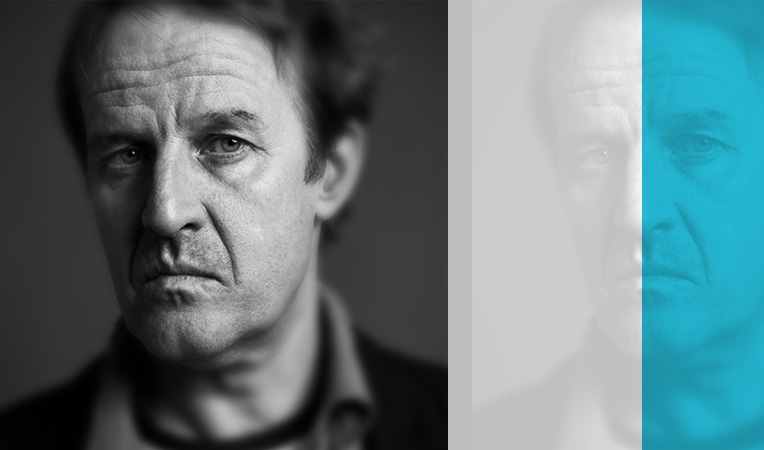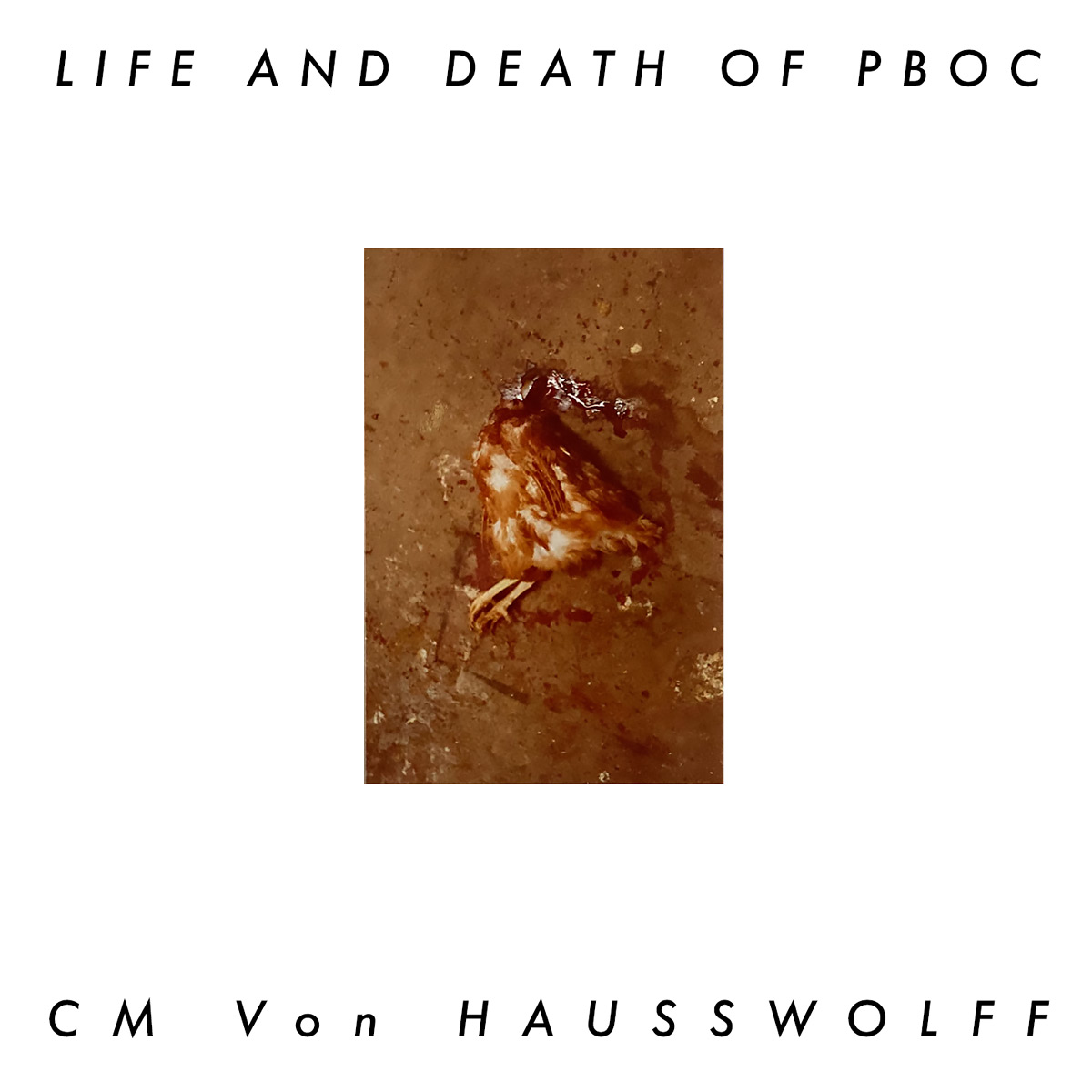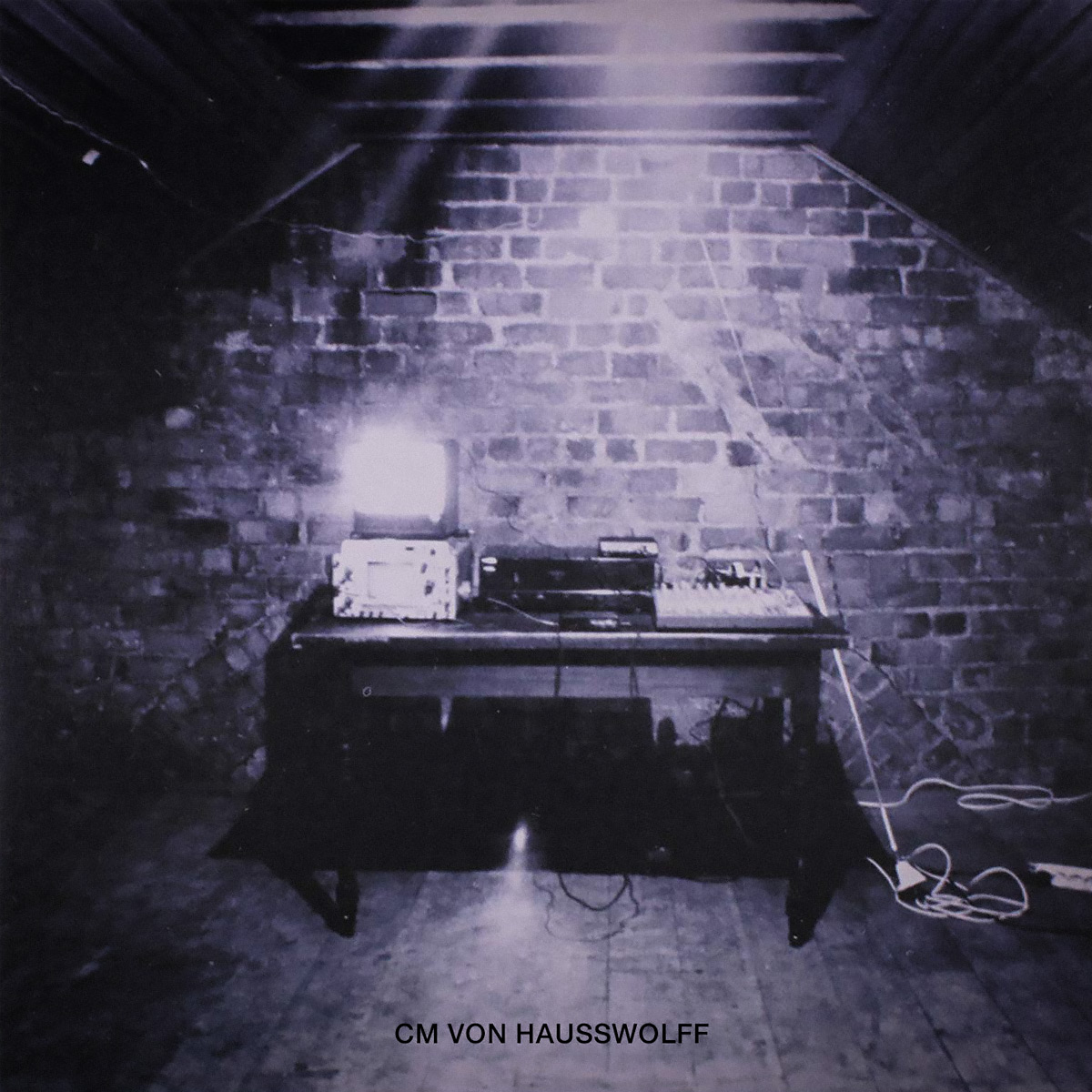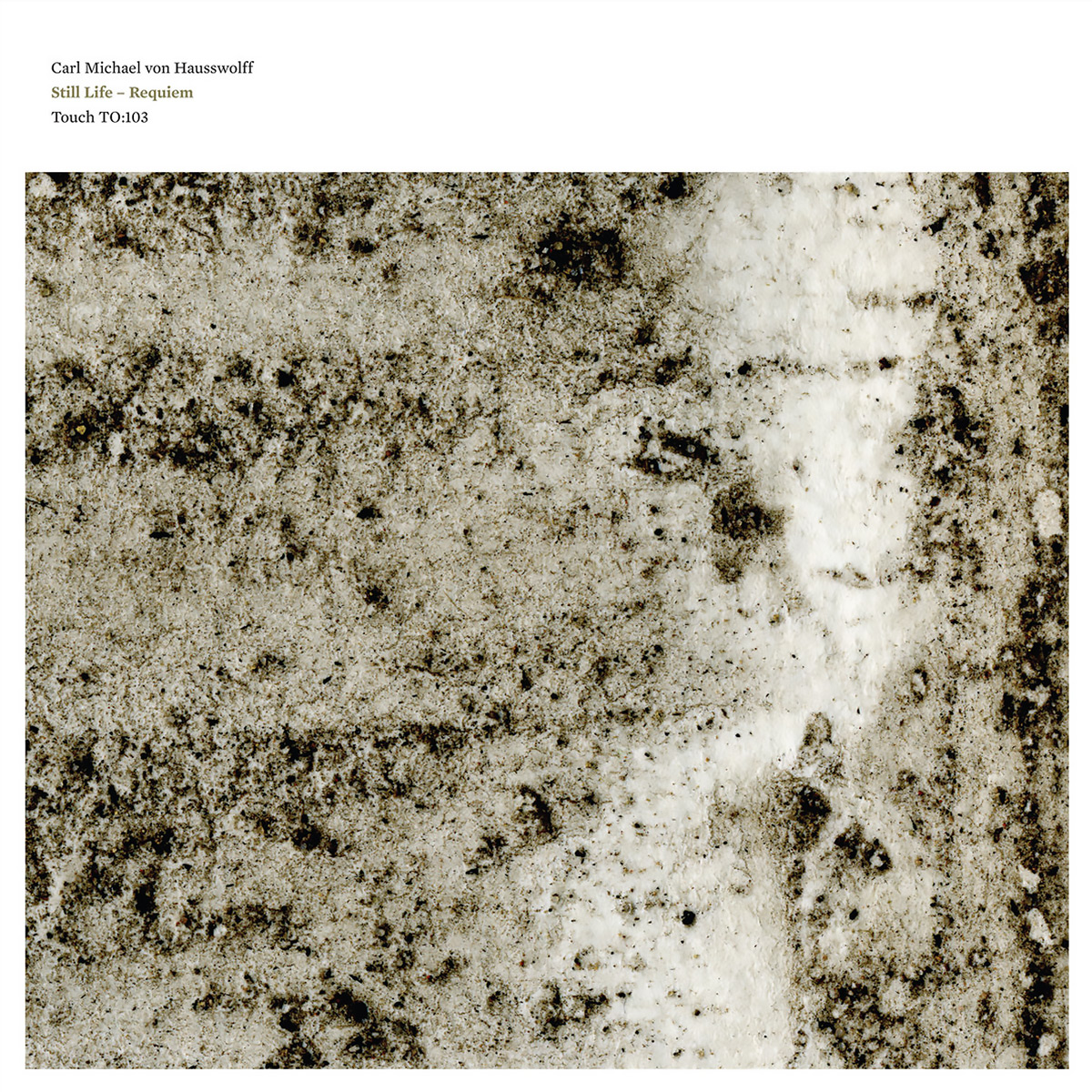
Carl Michael von Hausswolff
Audio Visual Compiler
Understanding the Unknown
Composer, artist, curator, conceptual constructor, evolver, resolver, designer, resigner, father, husband, and survivor. Carl Michael von Hausswolff was born in 1956 in linköping, Sweden. He lives and works in Stockholm. He is the founder of Radium 226.05, Anckarström, Elgaland-Vargaland, and freq_out (freq_wave). Main collaborator with Erik Pauser (PHAUSS), Leif Elggren (KREV), Jónsi (Dark Morph), and Michael Esposito (EVP). Collaborations with The Hafler Trio, Jim O’Rourke, Joachim Nordwall (Sins For Beginners), Leslie Winer, Mark Fell, Graham Lewis and Jean-Louis Huhta (OCSID), John Duncan, Mika Vainio/Pan sonic/Erkki Kurrenniemi, Tommi Grönlund/Petteri Nisunen, Freddie Wadling/Henryk Lipp, Ulf Bilting, Zbigniew Karkowski, and others. His main interest lies in the unknown. Electronic voice phenomena, energy pattern prints, and chronophysical delays and remnants.
His secondary interest lies within the regions of Humanimal social contact, development, and structure. His third interest is the development of relations between pure abstract electronic sound and membrane captured sonic emissions of micro- and macro-structures. Von Hausswolff’s music has been performed throughout Europe and in North America and Asia in festivals such as sonar, electrograph and I.D.E.A.L. in these concerts a very physical, almost brutal side of Hausswolff’s aesthetics has blended with a droned and polyfrequential beauty. Von Hausswolff’s audio-visual art has been featured in several biennials such as Venice, Istanbul, Johannesburg, Liverpool, Moscow, and Santa Fé as well as in documenta in Kassel and his sound-art has been released on vinyl and CD through labels such as Touch, Raster-Noton, Laton, iDeal, Sähkö, Pomperipossa, Die Stadt, Firework Ed., SubRosa and others.
Sonography
Notable Electronic Works and Recordings

Life and Death of PBOC

Operations of Spirit Communication

Still Life/Requiem
• 20’ for 2020 (for Marietta)
• Dark Morph II LP
• Addressing The Fallen Angel
• Dark Morph
• In, Demons, In!
• Still Life – Requiem
• Nordlicht
• (1)
• Matter Transfer
• 800 000 Seconds in Harar
• Graf Spee
• Perhaps I Arrive
• Topophonic Models
• The Wonderful World of Male Intuition
• Operation of Spirit Communication
• Three Overpopulated Cities Built By Short-sighted Planners, An Unbalanced and Quite Dangerous Airport and an Abandoned Church
• Ström
• Operations Of Spirit Communication
• Basic
• Carl Michael von Hausswolff
• GodTphauss, Phauss
• PHAUSS/Karkowski/Bilting
• Nya Sverige – Nothing But The Truth, Phauss
• Audiodrome, Phauss
• Life & Death of Pboc
• Conductor
• Bark & Is
Carl Michael Von Hausswolff / Virtual Interview
Who is your favorite classical composer? Do you have one?
Pergolesi … Beethoven … Fauré … Varèse
When did you start composing electronic music?
1979
How did you hear about the 9 Beet Stretch?
from you
The world is upside down, how does living in the shade of COVID has impacted your creative work?
I work a lot inside so it hasn’t changed much. No travel tho, so no concerts and as I improvise a lot it has stopped more or less.
What projects are you currently working on?
Recording project with Chandra Shukla and a curatorial work named freq_wave (for the web)
Should electronic music be purely academic (MUST an Electronic music artist be formally trained in music?)
No, either or (as Kierkegaard put it).
In your opinion, what is the merit of improvisation and experimentation?
I think the difference between improvisation, experimentation, and “normal” composing/playing is a vast grey zone. When you write music you tend to experiment as well, when you play from a score you improvise somewhat as you interpret the music in different ways depending on your mood, the temperature, the “day” … and when you experiment you still use some of your earlier knowledge and your experience … so, this is something to discuss further.
What do you think as an artist about the juxtaposition/fusion of classical and electronic music?
As the zone between classical music and electronic music also is wide and grey – it varies!! With a post-modern way of doing art and music, the difference is not there.. it’s just how you contemporary use it!! Time is relative!!
How do you envision the future of electronic music?
There will be more AI based on the idea of Muzak and more drone streaming. The bridges between “high” and “low” will be larger and only the future educated elite will have knowledge of and therefore access to new composed serious music (unless the education system changes in the world).